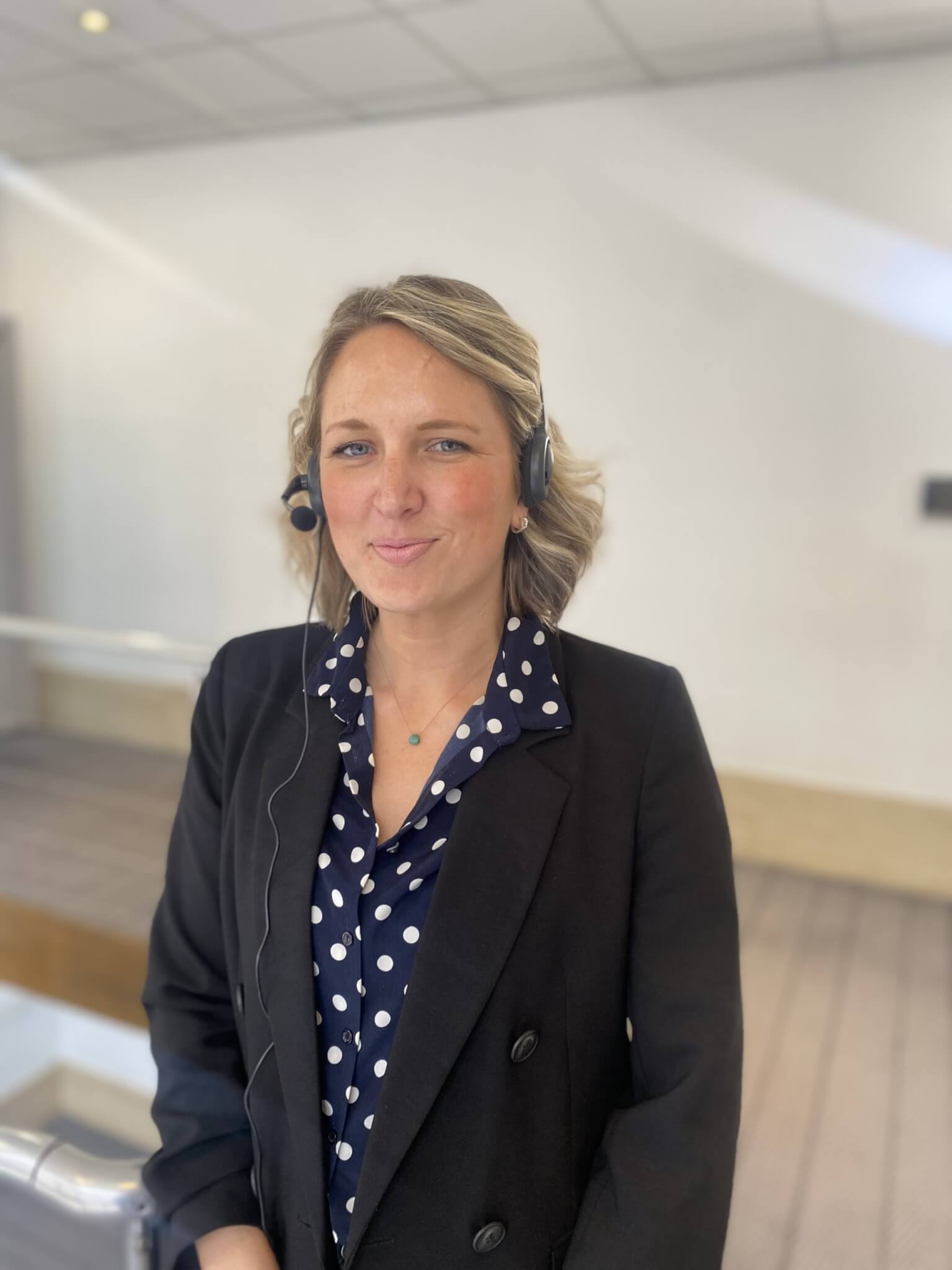
Researchers from George Washington University (USA) and CHRISTUS Spohn Hospital Corpus Christi – Shoreline, (USA) reported that one of their patients experienced tinnitus and hearing loss after an innocent kiss! See the source here. They explained that a kiss on the ear can create a negative pressure that can impact the bones in the ear leading to tinnitus and hearing loss.
 Our Director, Dr Hashir Aazh said:
Our Director, Dr Hashir Aazh said:
“Based on our research, developing tinnitus after a kiss on the ear can happen specifically in people who also have hyperacusis. Hyperacusis is perceiving certain ordinary day-to-day sounds as too loud or even painful. We had a patient in our Institute that his tinnitus was triggered by tuning fork tests during an ENT assessment. There are other noises that can also cause hearing loss and tinnitus. Studies suggest that the noise created by suction inside the ear canal can reach to 100 dB(A) with peak noise levels reaching 118 dB(A). Sometimes wax removal from the ear canal can produce high levels of noise for seconds called clarinet phenomena. Clarinet phenomena is when there is partial obstruction of the sucker by cerumen or dermal flakes, peak noise levels can reach to reach 146 dB(A). This can cause temporary hearing loss and tinnitus in some patients.”
A patient in our clinic said:
“After a trauma to my ear (my one-year-old daughter screaming close to my ears) I developed tinnitus. This as well as my sensitivity to noise (hyperacusis) were making my life an absolute misery, I was not able to look after my children and fulfil my role as a mother. This also affected on the relationship with my husband. I was feeling like a burden on my family. Even my mum had to come and help me to survive. Constantly I had to fight with tinnitus and other noises. I could not live my life. I am very grateful to have found Hashir International Institute who over the last 12 months have helped me to regain my life. They offered consultations with a specialist audiologist, psychologists, a neuroscientist and even an occupational therapist. They took the time to get to know me properly and work out a strategy based on OT and health psychology to deal with my problem immediately and with CBT for long-term management of my symptoms.”
Joanna Barker, Specialist Audiologist, adds:
“Non-traumatic noise levels can lead to Tonic tensor tympani syndrome (TTTS) which is an involuntary, anxiety-based condition where the reflex threshold for tensor tympani muscle activity is reduced, causing a frequent spasm. This can trigger aural symptoms from tympanic membrane tension, middle ear ventilation alterations and trigeminal nerve irritability. TTTS is considered to cause the distinctive symptoms of acoustic shock (AS), which can develop after exposure to an unexpected loud sound perceived as highly threatening.”
For further information, please contact:
Hashir International Institute, 167-169 Great Portland Street, 5th Floor, London, W1W 5PF
Hashir International Institute, 54 Quarry Street, Guildford. GU1 3UA
admin@hashirtinnitusclinic.com
About Hashir International Institute:
Hashir International is an independent research institute and treatment centre dedicated to improving the diagnostic process and rehabilitation programs for patients experiencing misophonia, tinnitus and hyperacusis. They offer specialist training courses, ethical review of research proposals, research design, research sponsorship, and supervising MSc and PhD students.